Polls in Iran opened on Friday for a presidential election following the death of ultraconservative president Ebrahim Raisi in a helicopter crash last month.
Around 61 million Iranians are eligible to vote in the polls where reformist Masoud Pezeshkian, 69, hopes for a breakthrough win against a divided conservative camp.
The Guardian Council, which vets candidates, allowed him to run against a field of conservatives now dominated by parliamentary speaker Mohammad Bagher Ghalibaf and former nuclear negotiator Saeed Jalili.
Also left in contention is cleric Mostafa Pourmohammadi after two ultraconservatives dropped out — Tehran major Alireza Zakani and Raisi’s former vice president Amir-Hossein Ghazizadeh Hashemi.
“We start the elections” for the country’s 14th presidential ballot, Interior Minister Ahmad Vahidi said in a televised address.
Iran’s supreme leader Ayatollah Ali Khamenei cast his ballot shortly after the polls opened and urged Iranians to vote.
“Election day is a day of joy and happiness for us Iranians,” he said in a televised speech where he also called for a high turnout.
“We encourage our dear people to take the issue of voting seriously and participate,” he said.
The election in sanctions-hit Iran comes at a time of high regional tensions between the Islamic Republic and its arch-foes Israel and the United States as the Gaza war rages on.
Polls opened at 8:00 am (0430 GMT) in 58,640 stations across the country, mostly in schools and mosques.
Polling stations will be open for 10 hours, though authorities could extend voting time as in previous elections.
Early projections of the results are expected by Saturday morning and official results by Sunday.
If no candidate wins 50 per cent of the vote, a second round will be held on July 5, for only the second time in Iranian electoral history after the 2005 vote went to a runoff.
The candidacy of Pezeshkian, until recently a relative unknown, has revived cautious hopes for Iran’s reformist wing after years of dominance by the conservative and ultraconservative camps.
Iran’s last reformist president, Mohammad Khatami, praised him as “honest, fair and caring”.
Khatami, who served from 1997 to 2005, had also endorsed the moderate Hassan Rouhani, who won the presidency and sealed Iran’s nuclear deal in 2015 with Western powers before it was derailed three years later.
The Iranian opposition, particularly in the diaspora, has called for a boycott of the vote.
Ultimate political power in Iran is held by Khamenei, the supreme leader.
Khamenei insisted this week that “the most qualified candidate” must be “the one who truly believes in the principles of the Islamic Revolution” of 1979 that overthrew the US-backed monarchy.
The next president, he said, must allow Iran “to move forward without being dependent on foreign countries”.
AFP
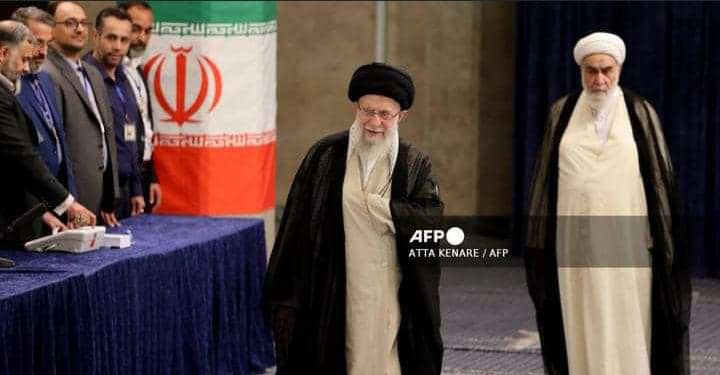
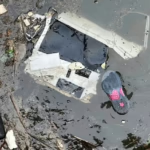



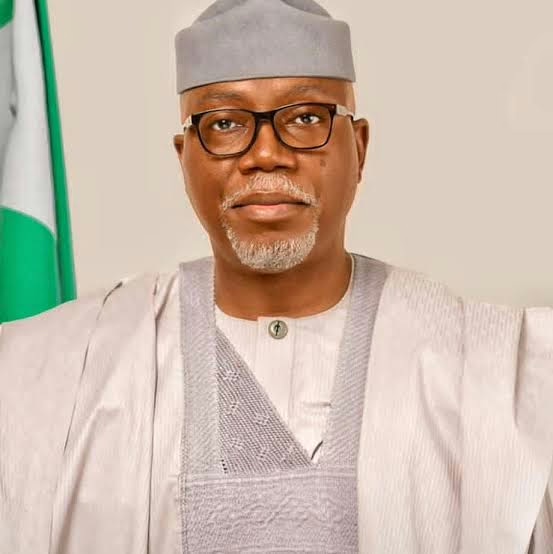
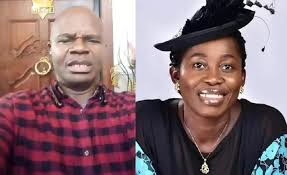


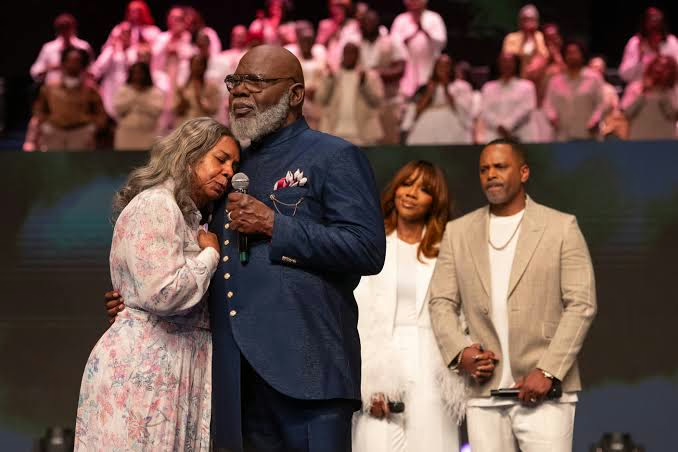
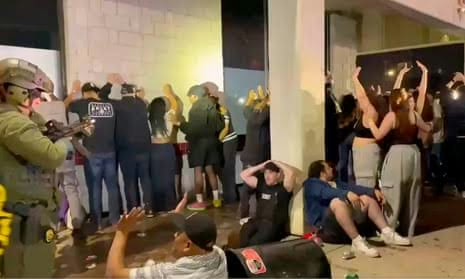
Leave a Reply